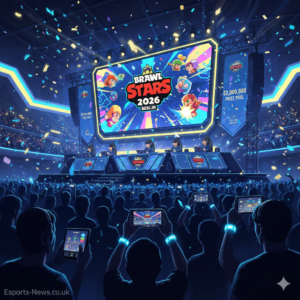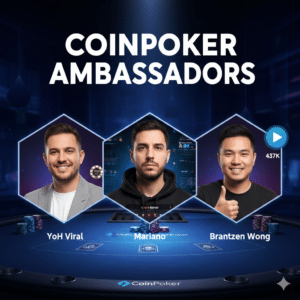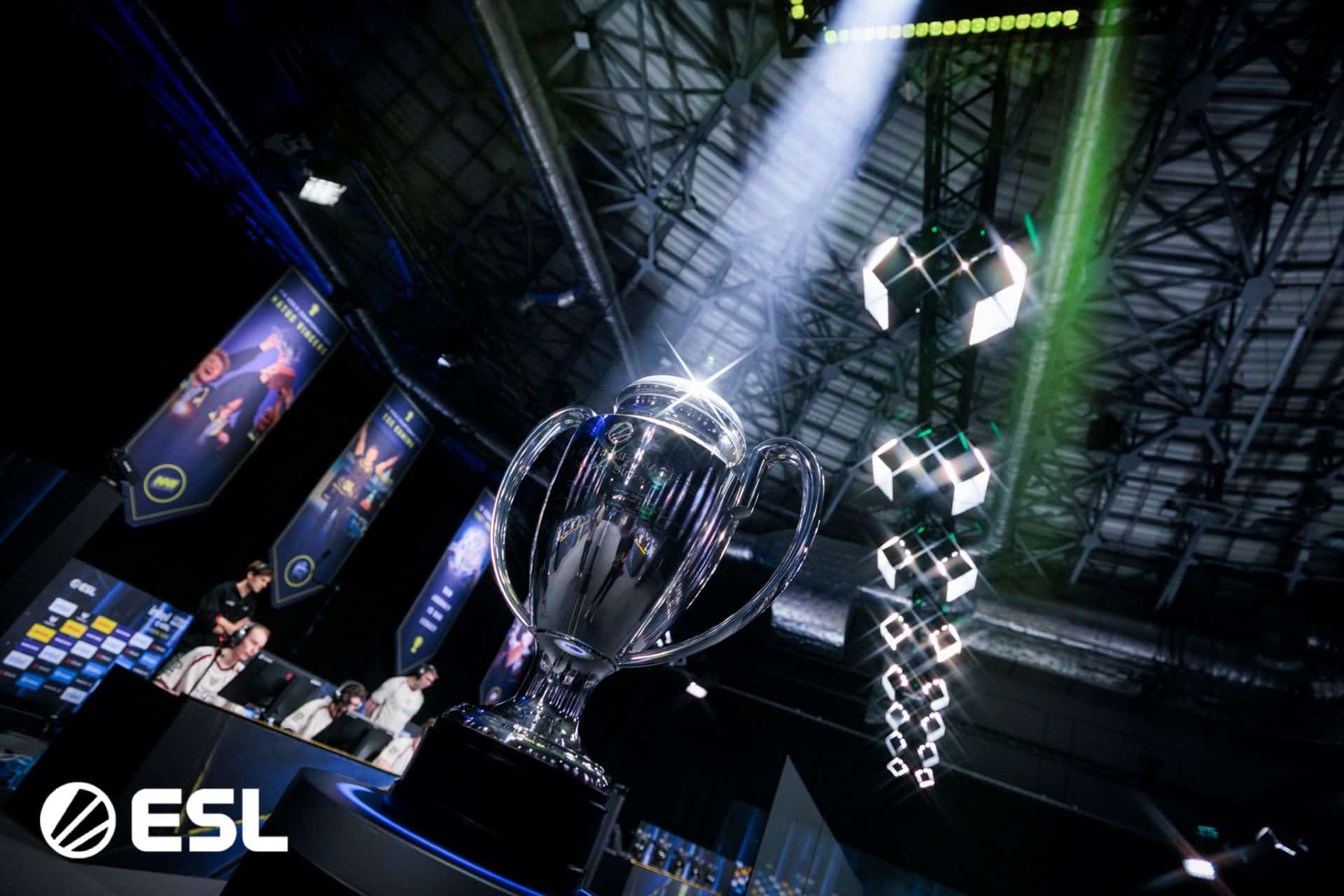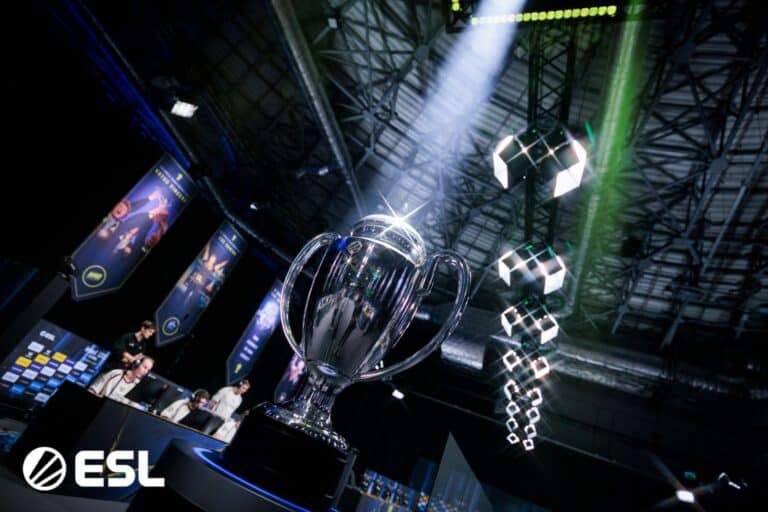LoL and Valorant players get new arbitration initiative to solve disputes including unpaid salaries: Here’s how Riot Games’ new Dispute Resolution works for esports in EMEA
Dom Sacco, Senior Editor
Last Updated: 28/05/2025
Riot Games has today announced a new Dispute Resolution mechanism for its esports ecosystem in EMEA, ahead of the 2025 season.
Starting today, players, coaches and teams in Tier 1 and 2 Valorant/League of Legends can access the Dispute Resolution for Riot Games’ Esports in EMEA for a variety of issues they are experiencing, including those related to unpaid salaries, bonuses, prize money and transfer disputes.
Esports News UK was invited to a press briefing ahead of the Worlds 2024 final in London last weekend to hear about the new initiative, which Alberto Guerrero, Head of Riot Games Esports, EMEA, compared to those of sporting bodies FIFA and FIBA.
An independent court of arbitration, the Dispute Resolution for Riot Games’ Esports (EMEA) will address and resolve contractual and financial issues that occur in professional and semi-professional leagues in the region. This includes the LEC, VCT EMEA and Tier 2 EMEA Regional Leagues/Challenger Leagues, consisting of some 200+ teams and around 1,500 players overall.
So, in the UK, this will include the NLC, but it won’t include the lower-tier UKEL or university leagues, for example.
To make sure the initiative is ‘fair, efficient and accessible’, Riot Games has employed Martens – a European sports and dispute resolution law firm – to act as the Dispute Resolution’s secretariat. Martens will be responsible for the administration of the Dispute Resolution and the selection of arbitrators, who will make decisions independent from Riot Games.
Riot says the initiative ‘will bring a whole new level of professionalism, contractual stability and integrity to Riot Games’ esports in EMEA’.
“For us, it’s very important to be the first in the esports ecosystem [to offer this initiative]. Out of more than 200 teams and around 1,500 players overall, only a small portion, a few dozen, have an incident that needs to be solved. Our actions are limited, that’s why we’ve come up with this programme, to solve it in an accessible and easy way.”
Alberto Guerrero, Riot Games
It will act as a pilot programme in EMEA, which Riot Games will assess and potentially roll out subsequently across the globe.
“We’re committed to maintaining healthy, professional esports ecosystems and this initiative is another step towards enhancing what we offer our partners who are helping us build a bright future for esports,” said Whalen Rozelle, Chief Operating Officer, Esports at Riot Games. “This initiative will better serve our players, coaches, and teams across EMEA, providing them access to legal support should they need it.”
“Esports continues to evolve and we believe maintaining contractual stability and integrity is becoming more important,” added Valérie Horyna, EMEA Esports Rules & Compliance Manager at Riot Games. “Solving contractual disputes has historically been very complex, especially in EMEA, which has different legal processes across many countries. We’re seeking to help solve these issues, providing an easy-to-access platform for our stakeholders.
“We’re setting a new standard for esports as a whole. We’ve had a lot of issues in tier two, and in ERLs there are lower starting salaries, and so we really hope that if you’re not yet in tier one, your contact is respected and players don’t have to think about issues that might arise.”
Valérie Horyna, Riot Games
“We want to build a foundation for fairness and transparency, to ensure integrity and create contractual stability across our esports ecosystem.
“We hope this will create trust in our ecosystem and in the long-term we hope that we’ll see more than 80% of our employment contracts having this arbitration clause, so that it leads to sustainability in our esports ecosystem overall.”
How does Riot Games’ Dispute Resolution work for esports in EMEA?
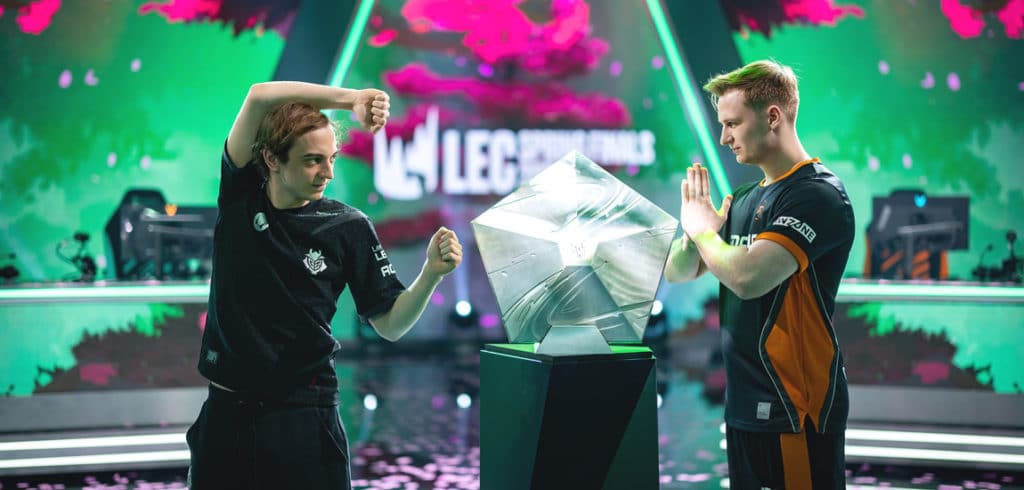
Valorant and League of Legends teams in tier 1 (LEC/VCT) and tier 2 (ERLs/Challenger Leagues) esports across EMEA will have access to the new Dispute Resolution setup.
As mentioned, Riot Games has employed law firm Martens to act as the Dispute Resolution’s secretariat. They will select the arbitrators, who will make decisions independent from Riot.
David Menz from Martens Rechtsanwälte law firm in Munich said during the press briefing: “The arbitration body will be a completely separate body from Riot.
“It’s done by the law firm, they’ll act as the secretariat and handle both team vs team disputes and team vs player disputes,” he said.
“There will be a pool of arbitrators – 14 experts in arbitration or sports law. We will ensure they are independent and there are no conflicts of interest.”
David Menz, Martens
A sole arbitrator will be selected from a closed list, and there will be one round of written submissions and no hearing.
The focus will be on equity and fairness rather than application of any rules of law.
The arbitrator shall then decide the dispute ‘ex aequo et bono’, meaning there is no application of any rules of law. Instead, ‘pacta sunt servanda’ is followed, meaning the arbitration focuses on equity and fairness (for example, default interest, and adjustment of contractual penalties).
David said the common goal is to ‘increase the efficiency and reduce the costs of the procedure’, and that the arbitrator may deviate from the contractual agreement of the parties involved.
“If the arbitrator finds that the strict enforcement of the contractual terms would lead to an unjust and unfair result, then the arbitrator may apply general principles of equity and fairness to come to a better solution,” he said.
What are the costs of an esports arbitration proceeding in EMEA LoL/Valorant?
David Menz from Martens Rechtsanwälte law firm explained that there will be a handling fee to cover the administrative costs of the Dispute Resolution.
This will be between €500 and €4,000 ‘subject to the value in dispute’, and will be paid by the claimants.
Then there’s an arbitrator’s fee, to cover the costs of the sole arbitrator, which will cost between €1,000 and €5,000, again subject to the value in dispute. This will be paid in equal shares by the claimant(s) and the respondent(s).
That’s of course bad news for tier 2 players who might have little salary compared to those in tier 1 and might not be able to afford to go down the Dispute Resolution route. However, there will be a Legal Aid Fund ‘funded by Riot Games for parties with insufficient financial means’. There will be certain eligibility criteria that needs to be met for a party to apply for this, and the fund will have a finite amount available per year before it is exhausted.
Esports News UK has asked how big this fund is and will provide an update if we hear back.
How enforceable is Riot Games’ new Dispute Resolution initiative in EMEA esports?
What if a team or party ignores an arbitration outcome? We asked Riot at the recent press briefing.
Valérie Horyna, Rules & Compliance Manager for EMEA Esports at Riot Games, told Esports News UK: “Once an arbitration award is issued and the award without reasons is made public, then [the responding party] has a certain deadline to pay according to the award. If they do not pay, [the winning party] has two options. They can either go to ordinary court, but what’s really effective is they can also come to Riot Games rules and compliance, and say ‘the award has not been enforced, Riot Games can you please enforce it?’
“We can then apply sporting and financial sanctions on the party, if that’s a player, coach or a team, depending on the case, until the decision is enforced.”
Valérie Horyna, Riot Games
We also asked what happens with cases where an esports team shuts down.
“On teams dismantling, unfortunately that’s a reality sometimes and is not something we can prevent or intervene, and that’s very similar in other sports, for example in football,” Valérie Horyna added. “It’s very unfortunate whoever has outstanding payments due, when these type of teams dismantle.
“We’d have to go through ordinary measures, depending on which country that is, and the possibilities are open depending on the case.”
Riot hopes esports contracts will now have an arbitration clause in them
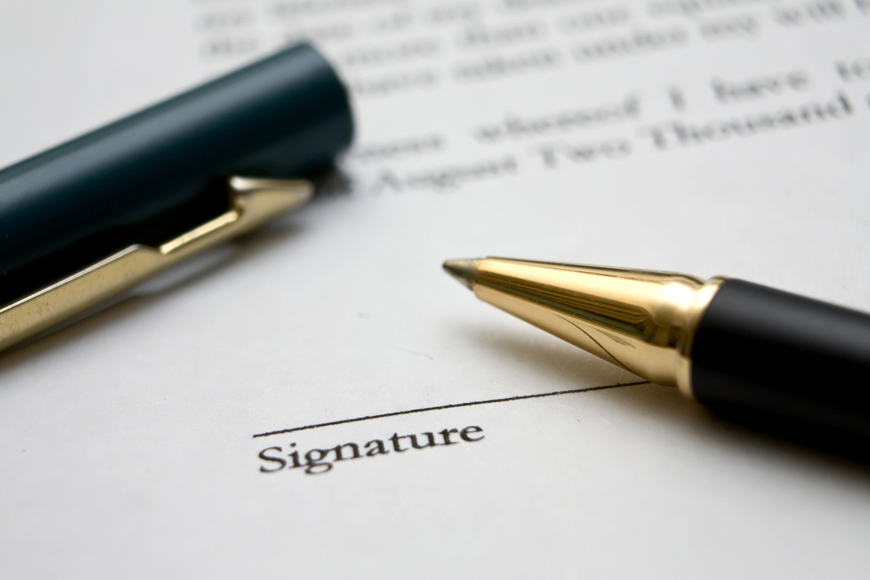
Audrey Cech, Rules & Compliance for Global Esports at Riot Games, said: “We want to incentivise that when someone is signing a new contract, there is this new arbitration clause in that contract.
“Obviously there are a lot of contracts ongoing that won’t have this clause in there, but we envision that in a few years most of the contracts will have this in there.”
Audrey added that submitting the disputes to arbitration is voluntary, and that she thinks this is key to its success.
“It’s really a matter of individuals negotiating whether they believe or not this is the best way to potentially resolve a dispute down the road,” Audrey added. “And so it’s important for us to make sure the ecosystem understands this is to their benefit. It’s definitely a player-focused initiative, because we want to help them, but it’s also for teams [with issues between themselves], for example if they transfer a player.
“This arbitration clause is a massive advantage, in my opinion, it’s really beneficial to teams for them to include this clause in their contracts.”
Legal specialist comments on Riot’s Dispute Resolution esports initiative
Nick Williams, Barrister at Morgan Sports Law, reacted to our article with eight points.
Check out his comments on LinkedIn here:
Further reading: More Riot Games news
Explore Our Trusted Gaming Resources
Discover essential guides to UK casino sites, betting platforms, and crypto casinos — updated for this year.
- Best Online Casinos in the UK
- Best Bitcoin Casinos in 2026
- Top Online Betting Sites 2026
- Top No KYC Casinos UK 2026
- Non Gamstop Casino Sites
Dom Sacco, Senior Editor
Dom is an award-winning writer and finalist of the Esports Journalist of the Year 2023 award. He has almost two decades of experience in journalism, and left Esports News UK in June 2025. As a long-time gamer having first picked up the NES controller in the late '80s, he has written for a range of publications including GamesTM, Nintendo Official Magazine, industry publication MCV and others. He also previously worked as head of content for the British Esports Federation.
Stay Updated with the Latest News
Get the most important stories delivered straight to your Google News feed — timely and reliable





From breaking news and in-depth match analysis to exclusive interviews and behind-the-scenes content, we bring you the stories that shape the esports scene.
Monthly Visitors
User Satisfaction
Years experience
